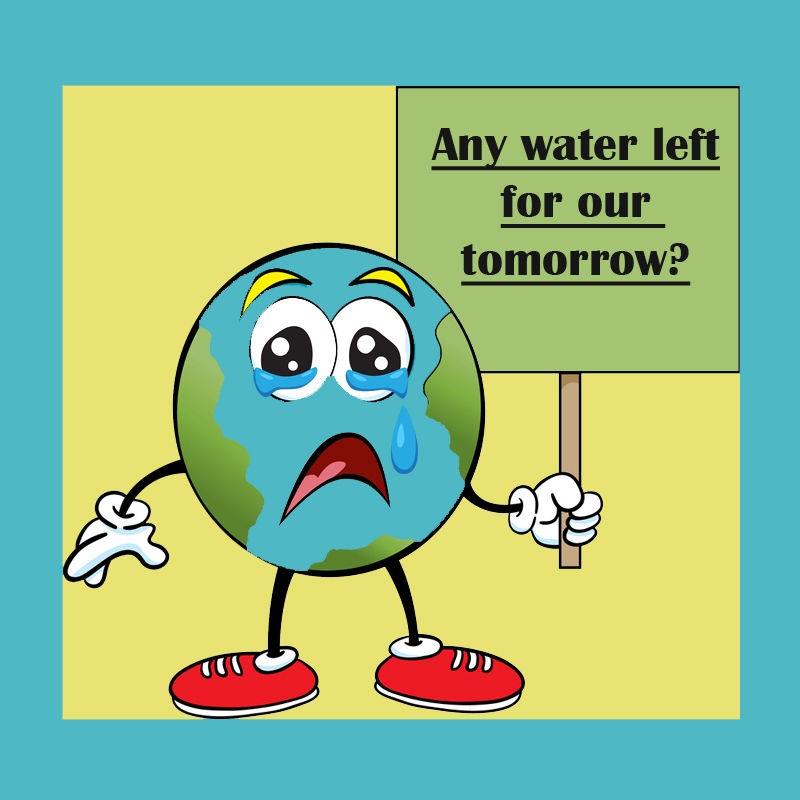Why Water Conservation is so important for us!
- Preeti Rawat
- Feb 24, 2020
- 2 min read
Updated: Mar 1, 2020
Firstly, what do you think after reading the headline? What comes to your mind and do you think why this statement is not just a statement but it's an important massage for all of us. We know there is no. of water resources around us.

But if we talk about water we are concerned about drinking water which is rapidly declining. According to the Composite Water Management Index (CWMI) report released by the Niti Aayog in 2018, 21 major cities (Delhi, Bengaluru, Chennai, Hyderabad and others) are racing to reach zero groundwater levels by 2020, affecting access for 100 million people.
However, 12 per cent of India’s population is already living in the 'Day Zero' scenario, thanks to excessive groundwater pumping, an inefficient and wasteful water management system and years of deficient rains. The CWMI report also states that by 2030, the country's water demand is projected to be twice the available supply, implying severe water scarcity for hundreds of millions of people and an eventual six per cent loss in the country's GDP.
(Pic Sources: Goggle image)
These data show us how much water is used in our daily life, which is important for our livelihood. But now at this time nature shows the changes and shows how much we badly use natural resources and how much our careless behaviors towards our mother nature there are maximum times nature shows us the reality.
Looking at the current situation, there is a need for a paradigm shift. We urgently require a transition from this 'supply-and-supply-more water' provision to measures which lead towards improving water use efficiency, reducing leakages, recharging/restoring local water bodies as well as applying for higher tariffs and ownership by various stakeholders.
A recovery-based closed loop system is needed for the hour. It is time to go back and start using our traditional practice of rainwater harvesting — catching water where it falls. Presently, India captures only eight per cent of its annual rainfall, among the lowest in the world. Another aspect is the treatment and reuse of wastewater. About 80 per cent of the water that reaches households, leaves as waste and pollutes our water bodies and environment.
There is a huge potential in reusing and recycling this treated wastewater at least for non-potable purposes, which is cost effective. All this leads to the fact that we need to promote a decentralized approach, with a key focus on water conservation, source sustainability, storage and reuse wherever possible.
It is important to understand that managing the water situation is not the job of only the government but all citizens themselves. Emphasis on behavioral change is not getting enough attention because it is nuanced and complex. But locals/citizens/ communities have a huge part to play. By keeping in check our own usage and actions, we can contribute.
As for our decision-makers, they need to re-think: Is there water left for us tomorrow?









Informative
Water conservation is a practice which are practiced every day in my life. Good initiative
Nice initiative ✌️
thanks for the information😊